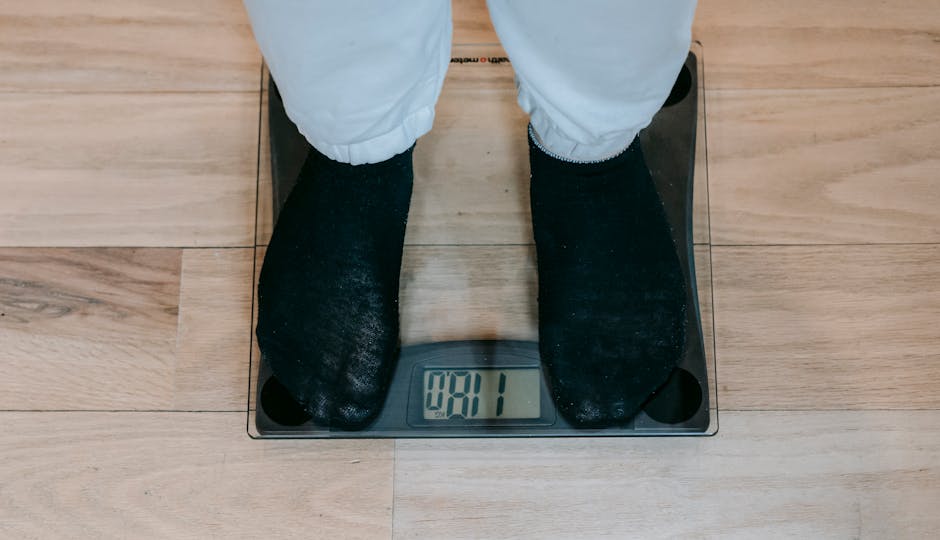Losing weight can be a challenging but rewarding endeavor. Whether you're looking to shed a few pounds or embark on a significant weight loss journey, understanding the principles and strategies involved is crucial for success. This comprehensive guide will provide you with a step-by-step approach to losing weight safely and sustainably.
**1. Set Realistic Goals:**
Start by setting realistic weight loss goals. Aim for a loss of 1-2.5 pounds per week, as this is a healthy and sustainable pace. Crash diets or drastic weight loss methods can be harmful to your health and often result in weight regain.
**2. Calorie Deficit:**
To lose weight, you need to create a calorie deficit, meaning consuming fewer calories than you burn. Determine your daily calorie needs using an online calculator or consult with a registered dietitian. Aim for a calorie deficit of around 500-750 calories per day.
**3. Nutrient-Rich Diet:**
Focus on consuming nutrient-rich foods such as fruits, vegetables, whole grains, and lean protein. These foods provide essential vitamins, minerals, and fiber that support overall health and weight management. Limit processed foods, sugary drinks, and unhealthy fats.
**4. Stay Hydrated:**
Drinking plenty of water throughout the day can help increase satiety, boost metabolism, and reduce calorie intake. Aim for eight glasses of water daily.
**5. Exercise Regularly:**
Incorporate regular exercise into your routine. Aim for at least 30 minutes of moderate-intensity exercise most days of the week. Exercise not only burns calories but also helps build muscle and boost metabolism.
**6. Sleep:**
Getting enough sleep is crucial for weight management. Aim for 7-9 hours of restful sleep per night. Sleep deprivation can lead to increased cravings, decreased energy levels, and hormonal imbalances that hinder weight loss.
**7. Manage Stress:**
Stress can trigger overeating and unhealthy food choices. Find healthy ways to manage stress, such as exercise, yoga, or meditation.
**8. Avoid Emotional Eating:**
Identify and address situations that lead to emotional eating. Develop healthy coping mechanisms and seek professional help if necessary.
**9. Be Patient and Persistent:**
Losing weight is a journey that requires patience and persistence. There will be setbacks along the way, but don't give up. Celebrate your progress and make adjustments as needed.
**10. Seek Professional Advice:**
If you struggle to lose weight on your own, consider consulting with a healthcare professional, registered dietitian, or certified personal trainer for personalized guidance and support.
Remember, losing weight successfully is not about quick fixes or extreme measures. It's about making sustainable lifestyle changes that promote overall well-being and a healthy weight in the long run.

